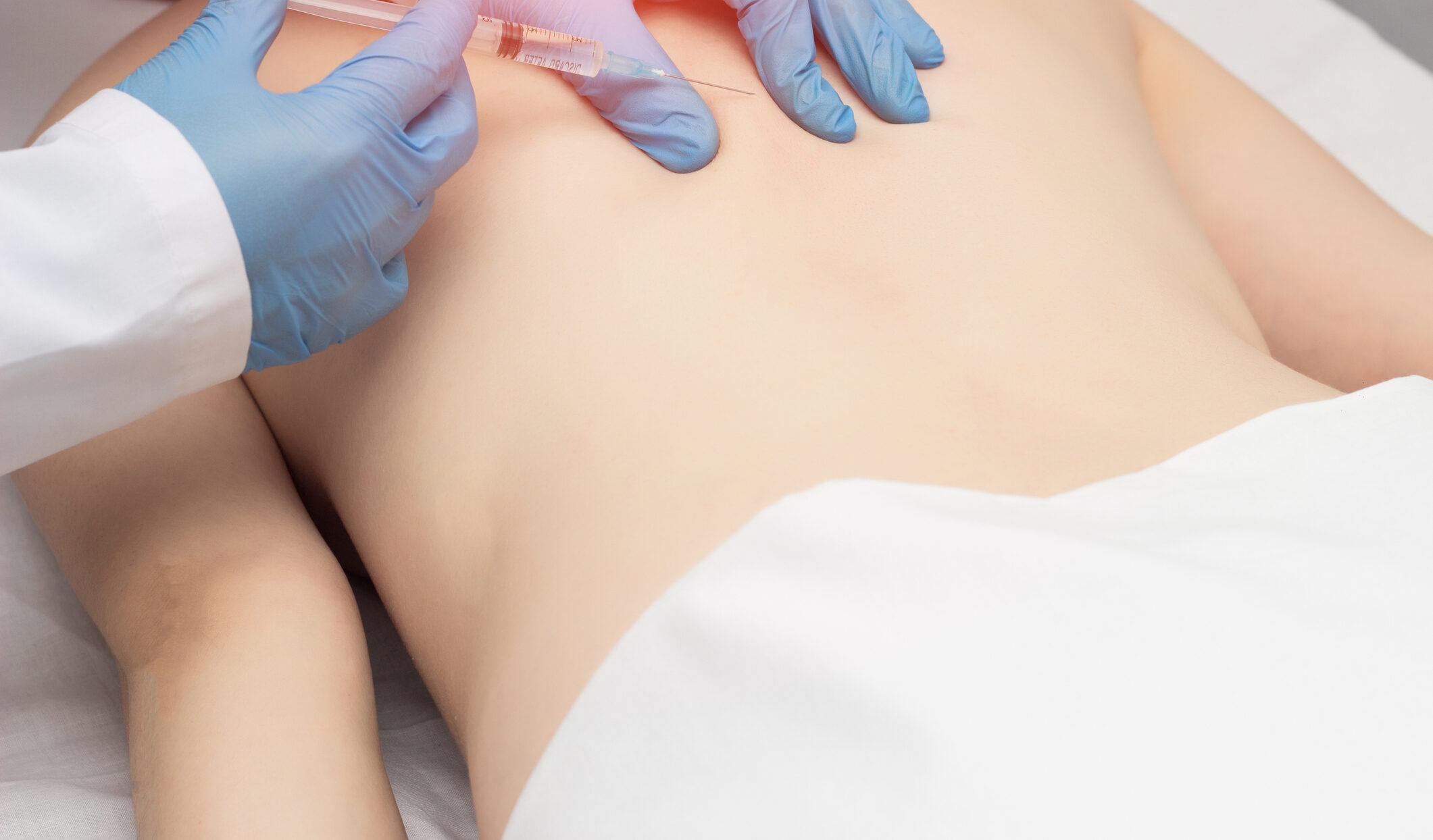Sports Medicine
Musculoskeletal (MSK) injections to manage pain
Musculoskeletal (MSK) injections to manage pain
Sports Medicine
Musculoskeletal (MSK) Injections to Manage Pain

Conditions
What conditions can be treated?
The Rejuvena Approach
How does a consultation for an injection for musculoskeletal pain work?
Review of your medical record:
Discussion of your concerns
Examination
Ultrasound examination
Diagnosis and management
Here are the steps of the procedure:
Step 1:
Step 2:
Step 3:
A personalized approach
Why choose Clinique Rejuvena?
Musculoskeletal (MSK) Injections to Manage Pain
FAQ
Sports and exercise medicine physicians specialize in diagnosing and treating pain in bones, muscles, and joints resulting from illness or injury. If you are suffering from pain from an illness or injury, ask your family doctor or other health care provider to refer you to a doctor who specializes in MSK.
In most cases, the injections are intra-articular, which means that the drug will be injected into the joint. Injections may also be given into the muscles or other soft tissues depending on the doctor’s diagnosis.
Although MSK injections are usually not painful, patients may experience some discomfort during treatment. An anesthetic agent may be applied to the injection area to reduce patient discomfort.
Short-acting soluble steroid injections usually provide relief within a few hours. Long-acting steroids take about two weeks to take effect. However, these injections relieve symptoms for a longer period of time.
There are many variables to consider when predicting how long the benefits of treatment last. Some medications can be effective for at least 3 months while other injection treatments can last up to two years. In some cases, patients may only need one treatment and never need other injections.
There should be an interval of at least six weeks between injections. We recommend having no more than four injections in the same area within a 12-month period.
Normally, MSK injections provide good results. However, in some cases, treatment may have little or no effect. The patient’s approach to care is often a determining factor in treatment outcomes. For example, an MSK injection for tennis elbow may have limited effect if the patient aggravates the problem by playing tennis against the advice of the physiotherapist or doctor. To increase the chances of success of any MSK injection treatment, it is important to follow the recommendations (changes to your lifestyle and sports routine), perform all prescribed rehabilitation exercises, and see a physiotherapist.
Possible side effects vary depending on the type of treatment. The doctor will explain all possible side effects to you before the injection. In the rare case of a side effect, you may experience any of the following symptoms:
- Pain and discomfort in the injected area
- Temporary bruising
- An infection causing redness, swelling, and pain
- Pale skin in the injected area
- Fat loss at the injected area
- Increased blood sugar (more likely for patients with diabetes)
- Risk of tendon rupture